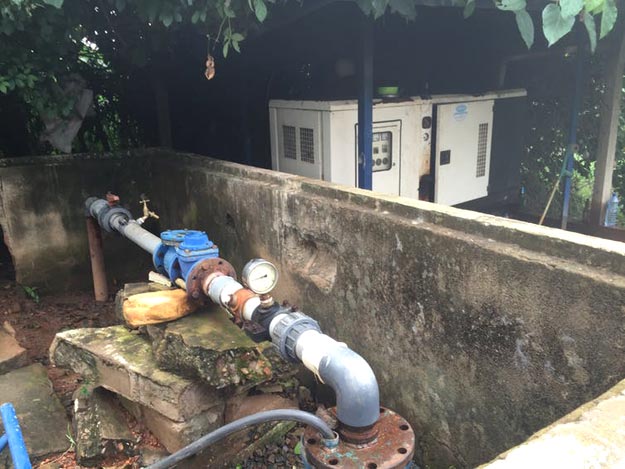Complex relationships exist between water and the security of individuals, communities, nations, and the global community as a whole. The vital role of water in daily life and economic activity underscores its importance to a secure and stable world. Water resources and the provision of water services involve political decision-making, and extreme types of conflict can escalate into violence, terrorism, or war.

Gleick (2000) provides a timeline of water conflicts throughout history, categorizing them according to the basis of the conflict and the actors involved.
- State and non-state parties fight over water supplies or access to water supplies (control dispute).
- Nations use water resources or water systems as a weapon during a military action (military tool).
- State and non-state parties use water resources or water systems for political goals (political tool).
- Non-state parties use water resources or water systems as a target or tool for violence or coercion (terrorism).
- Nations use water systems as a target for military action (military target).
- State and non-state parties argue over water resources or water systems in the context of economic development (development dispute).
Military and terrorist actions are of particular concern to security experts and those who are responsible for managing water resources and water systems. Read more












